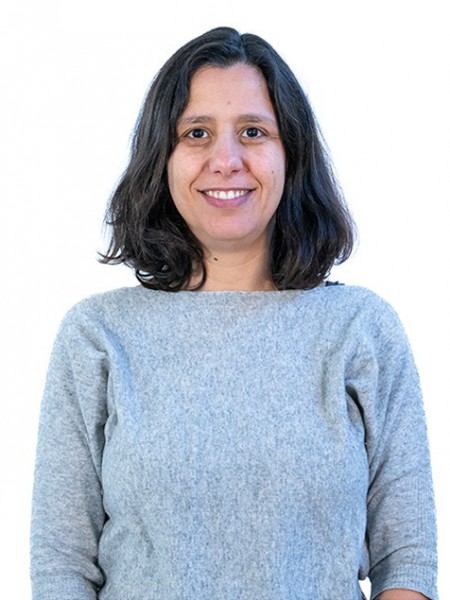abstract
Biphasic systems composed of aprotic ionic liquids (ILs) allow the development of new separation processes constituted only by nonvolatile solvents. Six pairs of cholinium- and phosphonium-based Its were found to be able to form biphasic systems, and the respective liquid-liquid phase diagrams were determined. Although IL anions do not seem to control the phase separation phenomenon, they play an important role in defining the size of the biphasic region. A linear dependence of the ILs mutual solubilities with the IL anions volume was found, supporting the relevance of the entropy of mixing. With the exception of the system formed by ILs with a common anion, the remaining liquid-liquid systems display a significant ion exchange extent between the phases, which inversely depends on the ILs cohesive energy. It is finally shown that four-phase systems with a remarkable performance in the separation of mixtures of dyes can be prepared.
keywords
SOLVENT-EXTRACTION; EXTENDED SCALE; SEPARATION; MIXTURES; STABILITIES; NICKEL; MEDIA
subject category
Chemistry; Science & Technology - Other Topics; Materials Science; Physics
authors
Neves, CMSS; Silva, AMS; Fernandes, AM; Coutinho, JAP; Freire, MG
our authors
Groups
G4 - Renewable Materials and Circular Economy
G5 - Biomimetic, Biological and Living Materials
Projects
CICECO - Aveiro Institute of Materials (UID/CTM/50011/2013)
Igy Technology: A Purication Platform using Ionic-Liquid-Based Aqueous Biphasic Systems (IGYPURTECH)
acknowledgements
This work was developed within the scope of the project CICECO-Aveiro Institute of Materials, POCI-01-0145-FEDER-007679 (FCT ref. UID/CTM/50011/2013), QOPNA (FCT ref. UID/QUI/00062/2013), and SAICT-PAC/0040/2015, financed by national funds through the FCT/MEC and, when appropriate, cofinanced by FEDER under the PT2020 Partnership Agreement. C.M.S.S.N. also acknowledges FCT for the postdoctoral grant SFRH/BPD/109057/2015. M.G.F. acknowledges the funding received from the European Research Council under the European Union's Seventh Frame work Programme (FP7/2007-2013)/ERC Grant Agreement No. 337753.




